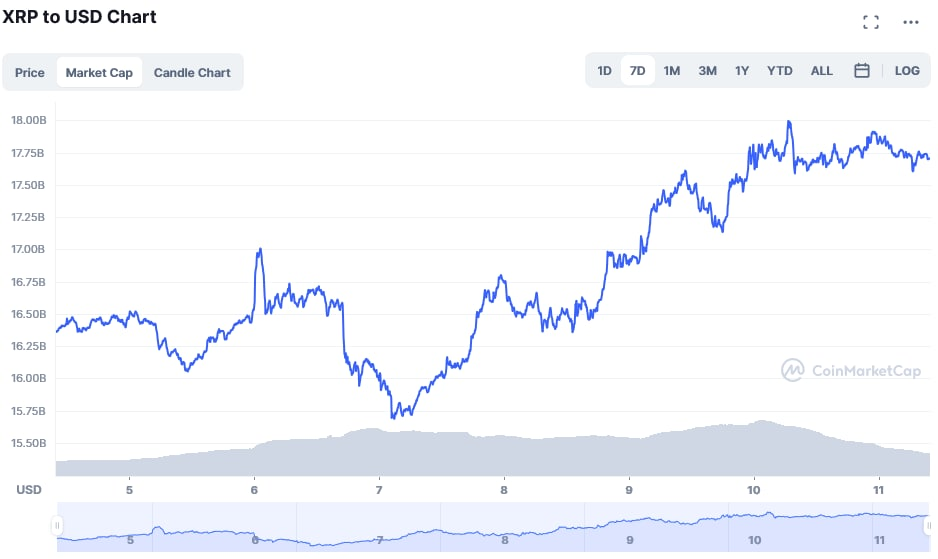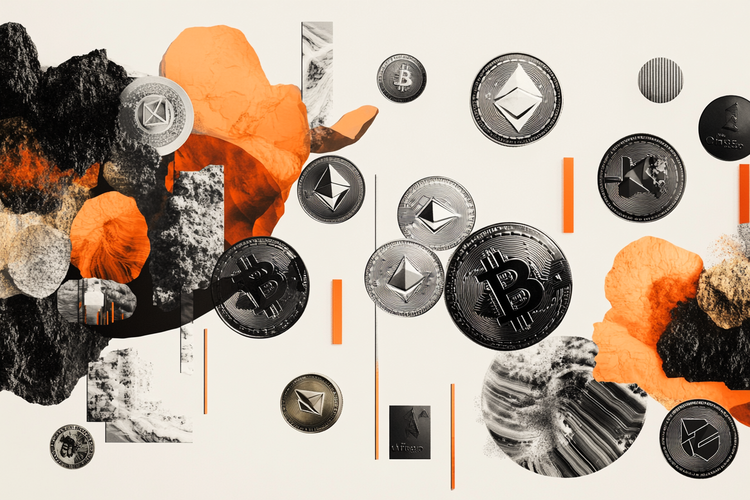Nonprofit Control: OpenAI's Commitment

Table of Contents
OpenAI's Unique Nonprofit Structure and its Implications for Control
OpenAI's initial structure was designed as a capped-profit company, a unique model aiming to balance the pursuit of groundbreaking AI research with a commitment to its societal benefit. This approach differs significantly from traditional for-profit companies, influencing decision-making processes and long-term strategic goals. The "capped-profit" aspect ensures that financial gains are not the primary driver, preventing potential conflicts of interest that could compromise the ethical development of AI.
- Limitations on profit distribution: Profit distribution is capped, prioritizing reinvestment in research and development over maximizing shareholder returns. This directly supports the mission of advancing AI for the benefit of humanity.
- Emphasis on public benefit: OpenAI's charter emphasizes the public benefit of its work. Decisions are guided by a consideration of the broader societal impact of its AI technologies, rather than solely focusing on short-term financial gains.
- Role of the board of directors: The board of directors plays a critical role in maintaining OpenAI nonprofit governance. They oversee the organization's operations, ensuring alignment with its mission and the ethical development of its AI systems. Their oversight is crucial in ensuring nonprofit control remains a central aspect of OpenAI's operations.
Mechanisms for Ensuring Ethical AI Development under Nonprofit Control
OpenAI's commitment to ethical AI development is reflected in its substantial investment in safety research. This proactive approach aims to identify and mitigate potential risks associated with advanced AI systems before they are deployed. Furthermore, external partnerships and advisory boards provide valuable oversight and perspectives, helping maintain nonprofit control and ensuring accountability.
- Safety guidelines and review processes: OpenAI has established rigorous safety guidelines and internal review processes for all its projects. These procedures help identify and address potential ethical concerns before they escalate.
- External audits and transparency reports: While not as extensive as some would prefer, OpenAI publishes reports and engages in external collaborations to increase transparency and allow for independent evaluation of its work. These efforts contribute to building trust and ensuring accountability in its AI nonprofit oversight.
- Ethical considerations addressed: OpenAI actively addresses ethical concerns related to bias in AI, fairness, and the potential misuse of its technologies. Examples include research on mitigating biases in language models and developing methods for detecting and preventing malicious uses of its AI systems.
Challenges and Criticisms of OpenAI's Nonprofit Control Model
Despite its stated commitment to nonprofit control, OpenAI has faced criticism regarding the effectiveness of its current structure. Its evolution and partnerships have raised concerns about potential conflicts of interest.
- Influence of investors: Although a capped-profit company, OpenAI has received significant investment, raising questions about the potential influence of investors on its long-term goals and ethical priorities. This is a key area for maintaining strong OpenAI nonprofit governance.
- Limitations of internal oversight: Relying solely on internal oversight mechanisms can present limitations. External, independent audits and oversight are crucial to maintaining accountability and ensuring transparency.
- Evolving nature of AI: The rapid evolution of AI technology requires adaptable governance models. What may be appropriate today may not be sufficient tomorrow, highlighting the need for continuous evaluation and improvement of OpenAI's nonprofit control strategies.
The Future of Nonprofit Control at OpenAI
The future of nonprofit control at OpenAI requires ongoing adaptation to the rapidly evolving field of AI. Maintaining responsible AI development necessitates a proactive approach to evolving challenges.
- Potential legal or regulatory changes: Changes in legal and regulatory frameworks surrounding AI could significantly impact OpenAI's governance model. Proactive adaptation will be crucial.
- Evolving role of stakeholder engagement: Increased stakeholder engagement—including researchers, policymakers, and the public—will be essential for maintaining ethical AI development.
- Future strategies: OpenAI will need to explore innovative strategies for maintaining nonprofit control in a rapidly changing technological landscape. This may involve refining existing governance mechanisms or exploring new models for responsible AI development.
Conclusion
OpenAI's commitment to nonprofit control is a crucial element of its mission to ensure beneficial AI development. While the model presents challenges and requires ongoing scrutiny, its unique structure and commitment to ethical AI research are significant steps towards responsible technological advancement. The mechanisms in place—from its initial structure to its ongoing safety research and external partnerships—demonstrate a genuine effort to manage the risks inherent in such powerful technology. However, continuous evaluation and adaptation are essential for maintaining effective nonprofit control in the ever-evolving world of artificial intelligence.
Call to Action: Learn more about OpenAI’s commitment to responsible AI development and the intricacies of its nonprofit control model. Stay informed about the ongoing evolution of AI governance and how organizations like OpenAI are navigating the complexities of ethical AI deployment. Explore the resources available to understand the nuances of OpenAI nonprofit governance and contribute to the crucial conversation surrounding responsible AI.

Featured Posts
-
 Clipper Late Rally Falls Short Against Cavaliers
May 07, 2025
Clipper Late Rally Falls Short Against Cavaliers
May 07, 2025 -
 The Role Of Apple Watches In Modern Nhl Refereeing
May 07, 2025
The Role Of Apple Watches In Modern Nhl Refereeing
May 07, 2025 -
 Warriors Blowout Loss History Suggests No Need For Alarm
May 07, 2025
Warriors Blowout Loss History Suggests No Need For Alarm
May 07, 2025 -
 Anchor Brewing Companys Closure Reflecting On 127 Years Of Brewing
May 07, 2025
Anchor Brewing Companys Closure Reflecting On 127 Years Of Brewing
May 07, 2025 -
 Kvalifikacia Na Svetovy Pohar 2028 Suboj O Miesto Pre Slovensko
May 07, 2025
Kvalifikacia Na Svetovy Pohar 2028 Suboj O Miesto Pre Slovensko
May 07, 2025
Latest Posts
-
 Should You Invest In Xrp After Its 400 Price Increase
May 08, 2025
Should You Invest In Xrp After Its 400 Price Increase
May 08, 2025 -
 400 Xrp Gains In 3 Months Time To Buy Or A Risky Investment
May 08, 2025
400 Xrp Gains In 3 Months Time To Buy Or A Risky Investment
May 08, 2025 -
 Ripples Xrp Rallies A Reaction To The Presidents Trump Related Post
May 08, 2025
Ripples Xrp Rallies A Reaction To The Presidents Trump Related Post
May 08, 2025 -
 Xrp Soars Following Presidential Article On Trumps Influence On Ripple
May 08, 2025
Xrp Soars Following Presidential Article On Trumps Influence On Ripple
May 08, 2025 -
 Xrp Up 400 In Q Quarter Is This Crypto A Smart Investment
May 08, 2025
Xrp Up 400 In Q Quarter Is This Crypto A Smart Investment
May 08, 2025
